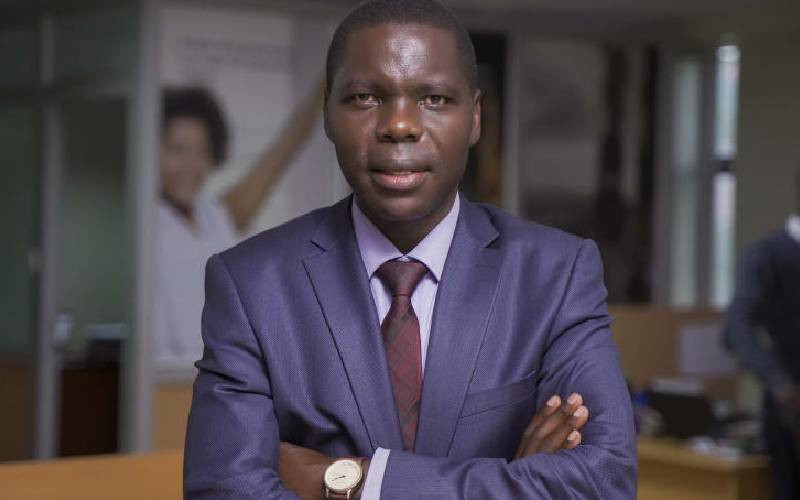×
The Standard e-Paper
Kenya’s Boldest Voice

Simon Wafubwa is soft-spoken with every word uttered measured to deliver the underpinning philosophy that has set him apart as a business guru.
As the founder and CEO of Enwealth Financial Services, Wafubwa has in 12 years built a firm mulled from his bedroom into a regional empire controlling Sh85 billion in pension assets under administration.